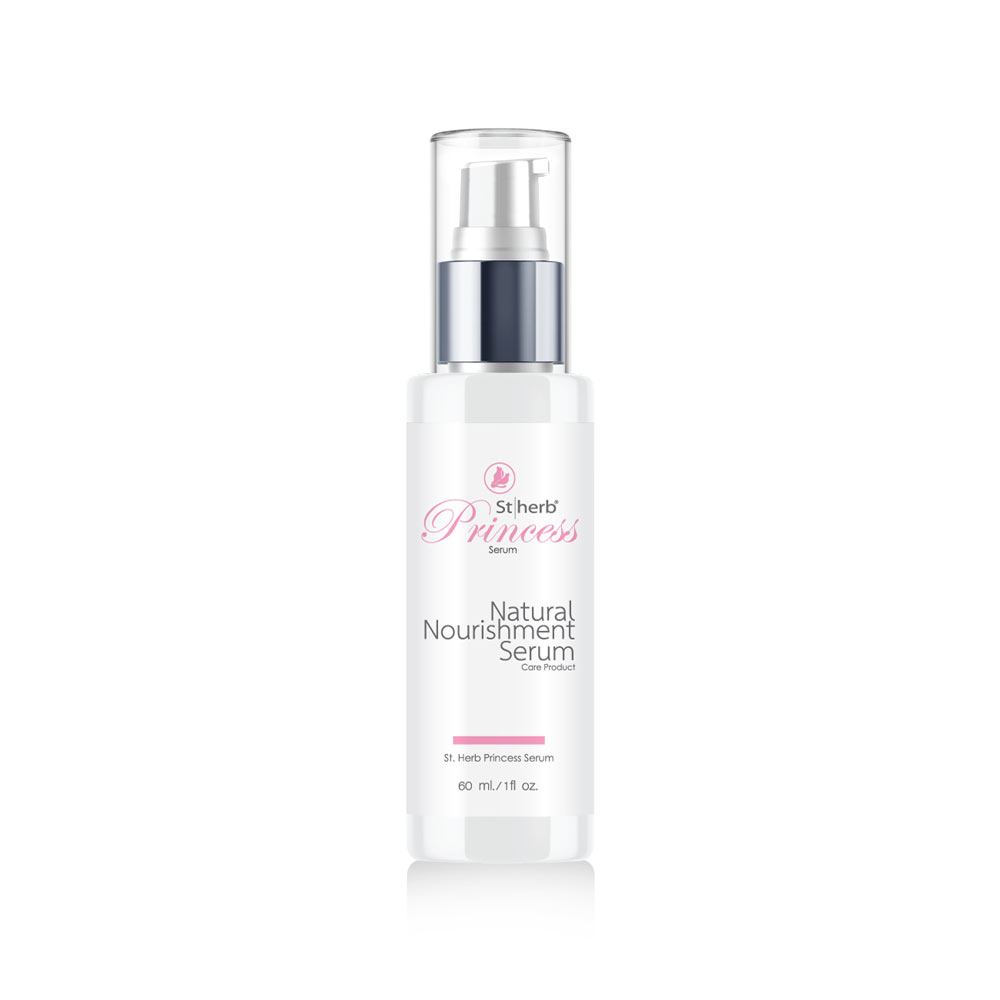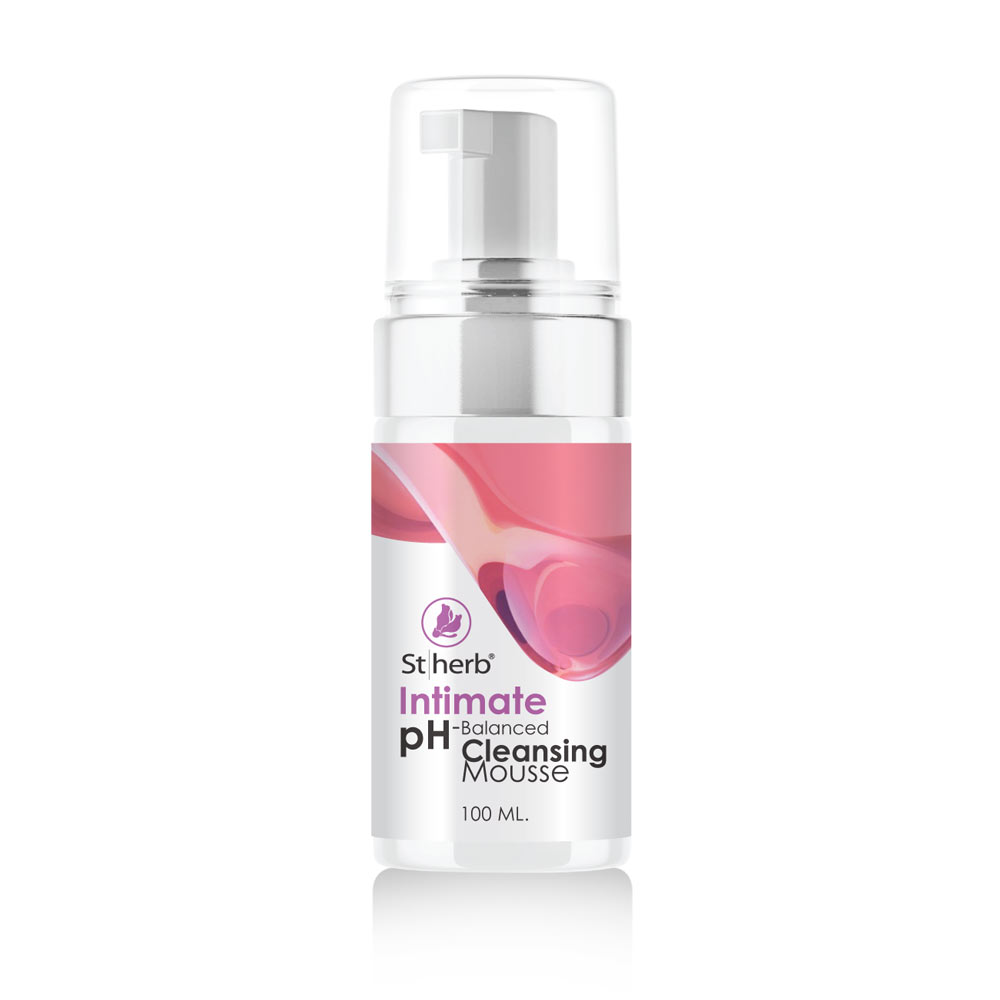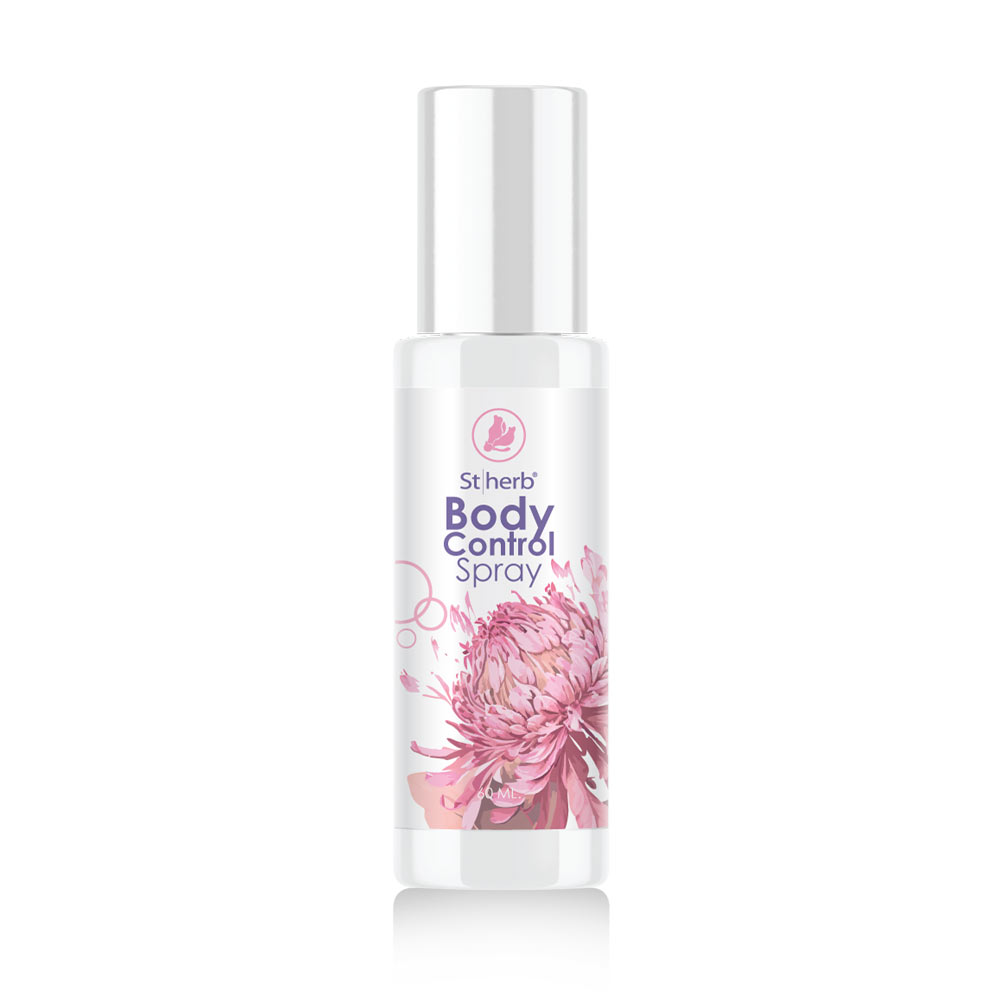Vaginal Health and Sex Activities: What Every Woman Should Know

Good vaginal health is vital for comfort, confidence, and a fulfilling sex life. Yet, many people shy away from discussing intimate wellness, even though knowledge is the first step to prevention and pleasure. This guide covers essential habits, from daily hygiene to safe sex practices, so you can feel empowered and informed.
Understanding the Vaginal Ecosystem
The vagina maintains a slightly acidic pH (around 3.8–4.5), which protects against harmful bacteria. Over-washing or using perfumed products can disturb this balance, leading to infections such as bacterial vaginosis or yeast infections.
Tip: Clean the external area with warm water and mild, unscented soap only; the internal vagina cleans itself naturally.
Safe Sex Practices for Long-Term Health
Sexual activity introduces new bacteria and fluids, so protection is crucial.
- Use Condoms or Dental Dams: They lower the risk of sexually transmitted infections (STIs) and unplanned pregnancy.
- Regular Screenings: Annual STI tests (or as recommended) catch infections early.
- Open Communication: Discuss boundaries, consent, and sexual history with partners to maintain trust and safety.
Maintaining Comfort and Moisture
Hormonal changes, stress, certain medications, or menopause can cause dryness, making sex uncomfortable.
- Hydrate & Eat Well: Drink enough water and include omega-3 fatty acids for healthy tissues.
- Lubricants: Water- or silicone-based lubricants reduce friction and discomfort.
- Vaginal Moisturizers: For persistent dryness, consult a healthcare provider about prescription or over-the-counter options.
Hygiene & Daily Habits
- Breathable Clothing: Cotton underwear and loose clothing reduce moisture build-up.
- Change Quickly After Exercise: Sweaty clothes can foster bacteria.
- Menstrual Care: Change pads or tampons every 4–6 hours and consider menstrual cups for comfort.
Nutrition for Vaginal Health
What you eat affects your intimate wellness.
- Probiotics: Yogurt, kefir, or fermented foods support healthy flora.
- Limit Sugar: High sugar can encourage yeast growth.
- Balanced Diet: Vitamins C and E, zinc, and folate support tissue health and immunity.
When to See a Doctor
Seek professional advice if you notice:
- Unusual discharge or odor
- Persistent itching or irritation
- Painful intercourse
- Irregular bleeding
Regular gynecological checkups—at least once a year—help detect potential problems early.
Sex and Emotional Well-Being
Sex isn’t only physical; it’s emotional and mental, too. Stress, anxiety, or relationship concerns can affect libido and comfort.
- Practice self-care and stress management.
- Communicate openly with partners about desires and boundaries.
- Seek counseling if sexual pain or anxiety persists.
Key Takeaways
- Gentle care maintains the natural pH and prevents infection.
- Safe sex and regular screenings protect long-term health.
- Nutrition and hydration support natural moisture and balance.
- Professional care is essential when something feels off.
When you feel balanced and confident in your body, it reflects in your intimate life too. And the best part? Achieving this doesn’t always require complicated treatments; sometimes, the most effective answers come from simple, natural practices.
Visit our website to learn more: Click Here






